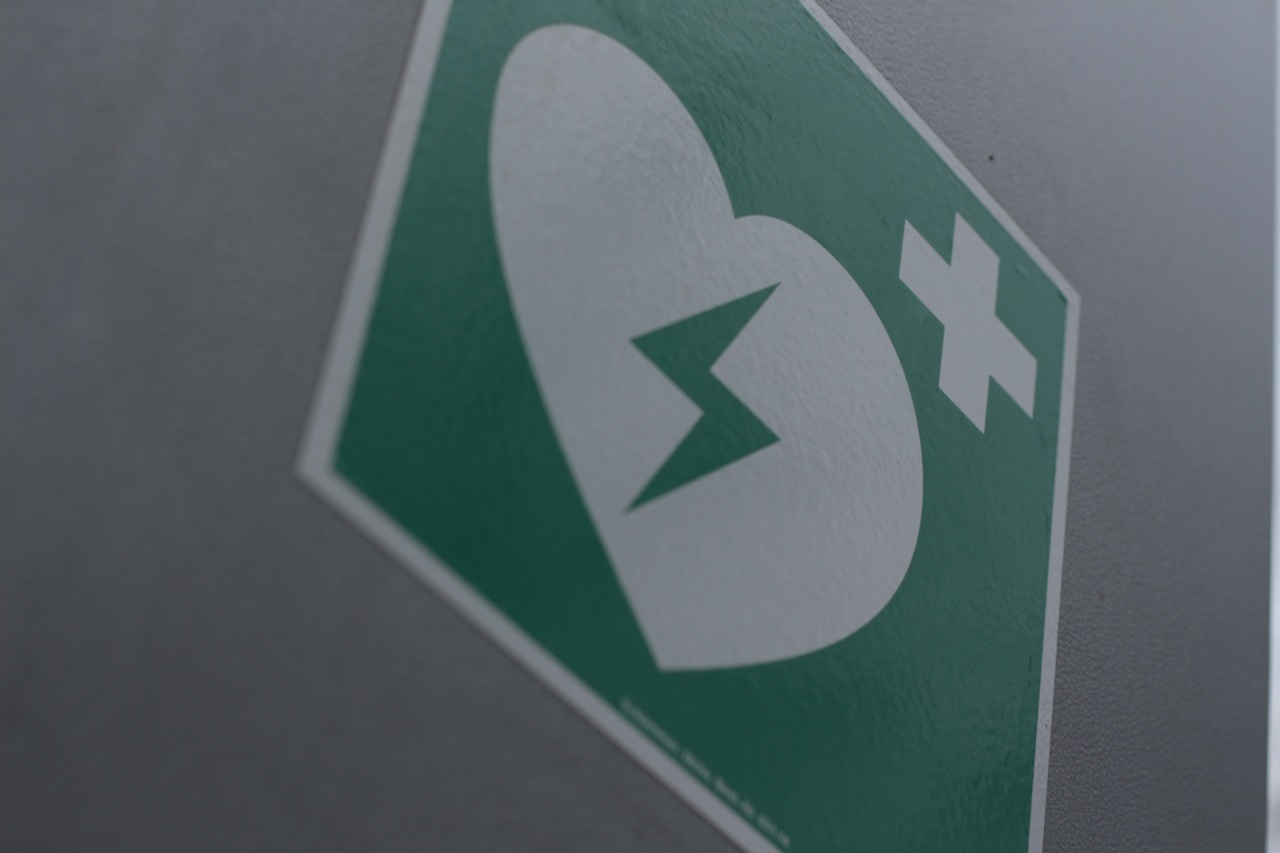When it comes to heart health, early detection is crucial. Ignoring warning signs can lead to serious complications or even fatal conditions.
It is essential to pay attention to your body and take prompt action if you experience any symptoms that may indicate a heart problem. In this article, we will discuss five heart health warning signs that you should never ignore.
1. Chest Pain or Discomfort
Chest pain or discomfort is one of the most common warning signs of a heart problem. This sensation can vary from mild discomfort to sharp, excruciating pain. It may feel like pressure, squeezing, fullness, or tightness in the chest.
Chest pain can also radiate to the arms, back, neck, or jaw.
If you experience chest pain or discomfort, it is crucial to seek medical attention immediately. While not all chest pain indicates a heart problem, it is better to be safe than sorry.
Prompt evaluation can help determine the underlying cause and ensure appropriate treatment.
2. Shortness of Breath
Shortness of breath, also known as dyspnea, is another warning sign of heart issues. If you find yourself becoming breathless with minimal exertion, it could be indicative of a heart problem.
Difficulty in breathing can occur when the heart fails to pump blood effectively, leading to a buildup of fluid in the lungs.
If you notice a sudden onset of unexplained shortness of breath or a worsening of your breathing pattern, it is essential to consult a healthcare professional.
They can assess the severity of the symptom and perform necessary tests to determine the root cause.
3. Palpitations
Heart palpitations refer to an irregular or rapid heartbeat. It may feel like your heart is pounding, fluttering, or skipping beats.
While occasional palpitations are usually harmless, frequent or persistent palpitations can be a sign of an underlying heart condition.
If you experience palpitations accompanied by chest discomfort, lightheadedness, or shortness of breath, it is crucial to seek medical help.
A healthcare professional can evaluate your symptoms, perform diagnostic tests, and suggest appropriate treatment options.
4. Dizziness or Lightheadedness
Feeling dizzy or lightheaded can be attributed to several causes, including heart issues. When the heart fails to pump blood effectively, it can lead to a decrease in blood flow to the brain, resulting in dizziness or lightheadedness.
This symptom is commonly experienced when standing up suddenly or exerting yourself.
If you frequently experience dizziness or lightheadedness, it is important to get evaluated by a healthcare professional. They can determine whether the symptom is related to your heart health and suggest appropriate measures to manage it.
5. Fatigue
While fatigue can be attributed to various factors, it can also indicate an underlying heart problem. When your heart struggles to pump blood efficiently, it deprives the body’s organs and tissues of adequate oxygen and nutrients.
This can lead to excessive tiredness and lack of energy.
If you constantly feel exhausted even after getting enough rest, it is essential to consult a healthcare provider.
They can assess your symptoms, review your medical history, and conduct diagnostic tests to determine if there is an underlying heart condition contributing to your fatigue.
Conclusion
Recognizing and taking seriously the warning signs of heart problems is crucial for maintaining cardiovascular health. If you experience any of the above symptoms, it is important to seek medical attention promptly.
Remember, early intervention can lead to better outcomes and potentially save lives.




























